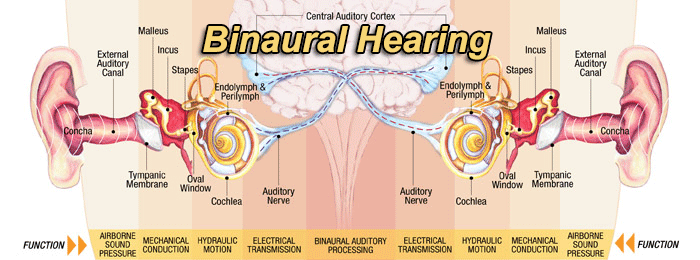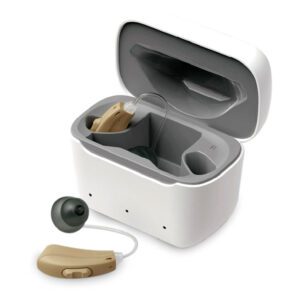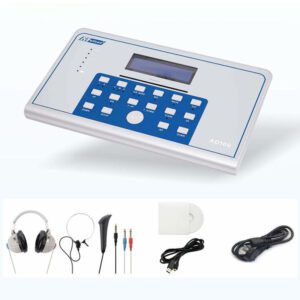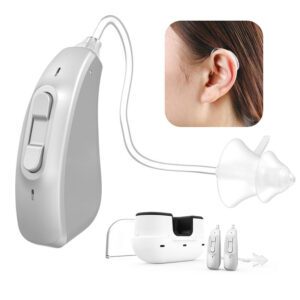hearing impairment in one ear for an extended period may lead to a gradual increase in the hearing Loss of the weaker ear and can impede the development of the hearing pathway. In a similar vein, hearing deprivation in one ear may compromise the ability to locate sounds accurately. When an individual cannot judge the direction of a sound source, it can lead to potentially hazardous situations.
Additionally, hearing difficulties are often exacerbated in noisy environments, and individuals may struggle to discern critical information. For instance, even in quiet settings, it may be possible to miss essential sound cues. Asymmetric hearing loss during childhood can lead to developmental barriers to language acquisition, intellectual hurdles, and difficulties in communication, highlighting the importance of early intervention.
Binaural hearing offers several benefits, such as eliminating hearing deprivation in the weaker ear. For children, early intervention is crucial for developing binaural stimulation during the critical period of 4-8 years. For adults, the use of artificial hearing devices in both ears maintains stable speech recognition rates, while the use of just one ear can lead to a decline in speech recognition after 4-5 years.

Furthermore, binaural hearing improves the ability to distinguish sound orientation and hear more clearly in noise by balancing time, phase, and strength differences that arise when sound waves come from different directions. The head shadow effect can also be neutralized, eliminating the attenuation of sound, particularly for high-frequency sounds over 1500Hz. Binaural hearing can also make hearing more sensitive, improve differences in sensitivity, and provide a more natural and comfortable listening experience.
When wearing hearing Aids, research shows that there may be a slight reduction in overall benefits for each aid. This is because binaural hearing is generally preferred over monaural hearing and hearing Aids cannot fully replace binaural hearing.
However, wearing hearing aids also has many advantages that can improve the quality of hearing and overall quality of life. On one hand, wearing hearing aids can reduce discomfort such as feedback and improve overall comfort and effectiveness. On the other hand, wearing hearing aids can also extend battery life, reducing the frequency of battery replacements and saving users time and money.
In summary, while hearing aids cannot fully replace binaural hearing, they can improve the hearing experience and reduce the impact of hearing loss on daily life and work.



